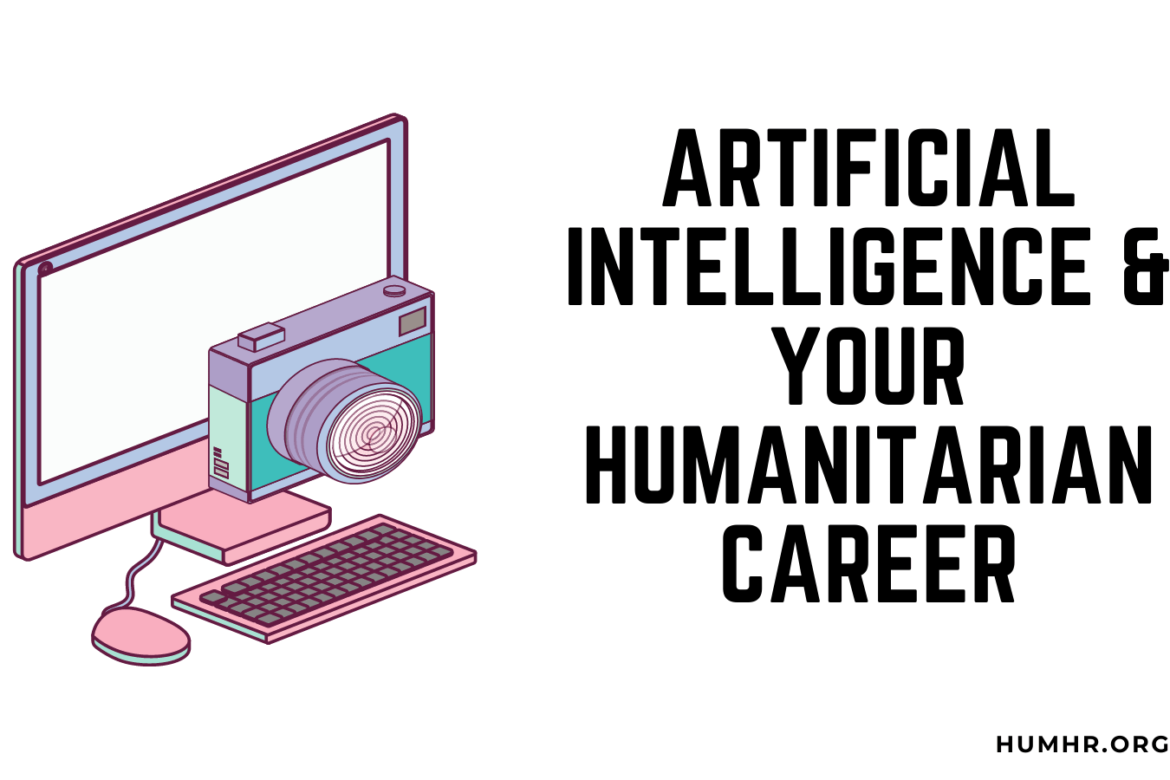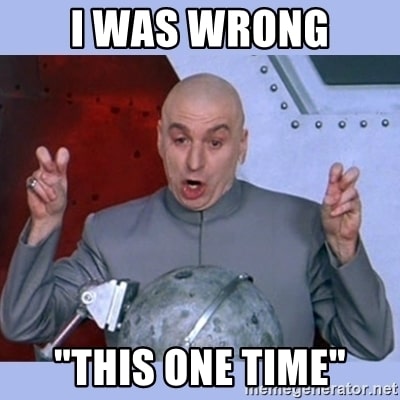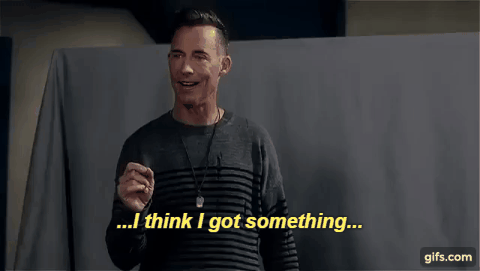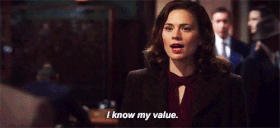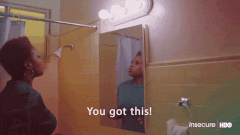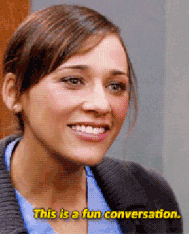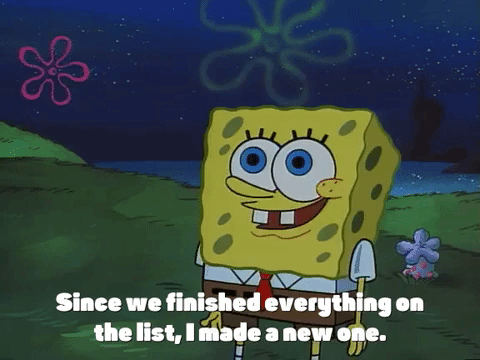Do you ever feel like every effort you put into getting a job always lands you at the same place?
“We regret to inform you..”
I have been there too. What is really demotivating is that you do your best and are the best at what you do, but somehow your best is never enough.
How should you prove that you deserve a chance? And how can you be mindful about how you go about finding a job?
Are there any tricks? Or hacks that make hired candidates any different from you? The answer is a resounding YES!
Like everything else looking for a job requires a good strategy. And that begins with an understanding of what is required from you.
In this blog allow me to give you some useful tips nobody tells you about. In your lifetime you will probably make the mistake of foregoing one of these major steps. Here is to never again!
Determine your job search objective.
Ask yourself the following upfront.
What, When, Who, Why and How?
- Why do I want/need a new job?
- What kind of job am I looking for? (Area of interest).
- When do I need a new job?
- Who do I want to work for?
- How am I going to look for THE job?
Be clear with yourself what kind of development work you want to do. Do you want to work locally or abroad? What are you good at? Which organisation could use your skillset?
Doing this allows you to target your efforts. It gives you perspective on what to study for and the kind of experience you need.
Update your Resume/ CV/ LinkedIn profile.
Do an online review of all your social media accounts and clean up any “incriminating” posts.
Keep it clean. Online reputation is critical.
This also means updating your work experience as you grow in your career by removing some outdated resume items. Also tailoring your resume for the job you are applying for.
Read our resume writing tips on this link to get more appreciation on how to use job descriptions and keywords.
Research the targeted organization
Whether it be the UN, IFRC, The World Bank, World Vision or any current or potential future openings.
Think around what the world concerns are visa vi your areas of interest.
If you are interested in protection and security for children you might want to target Save the Children or World Vision for instance.
Migration issues could lead you to the IFRC, IOM or NRC.
If you don’t have enough experience you can start by volunteering locally and build your way to the top.
Networking is key
Distribute your resume to potential employers/ apply to the advertised position.
Always include a Cover letter.
There are different strategies you can employ when applying – passive or active.
Passive means you are waiting for openings to be advertised while active means you are actively enquiring from your network, from recruiters and on social media for any opportunities and you can often get invited to apply to a job before it goes public.
Prepare for interviews
This is a great time for you to start practicing common interview questions.
Particularly the “easy” questions
“Tell me about you”? (Have your 60-second elevator speech ready)
“Where do you want to be in five years?”
Don’t forget to send “Thank you letters” after interviews.
For a more in-depth interview preparation write up, follow this link and start practising!
Be prepared to negotiate your contract
Not always the salary!
Even start dates can be negotiated.
Things such as benefits, bonuses,contract renewals, performance evaluations etc. can be discussed as well.
The Avant Garde
When developing your career plan/strategy you need to ask yourself a LOT of questions.
Here are some more to think about in addition to the ones above.
- Why am I looking for a new job? What are my key selling points?
- What kind of job am I willing to accept? What kind of job will I not accept? Am I willing to relocate? Do I want a family post or a hardship post?
- What salary do I need?
Congratulations on your new assignment!
HUMHR wishes you all the success as you continue to establish your career in the Humanitarian world.
As you start your new assignment remember that your performance is key and you need to have career goals and manage them well to be successful!
As a career coach, I partner with you to unravel these questions and develop a strategy that you can follow step by step and be accountable for. We develop your script for success!
Feel free to engage me on a job search strategy anytime. My email is batje@humhr.org



